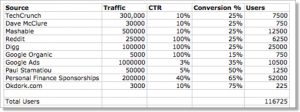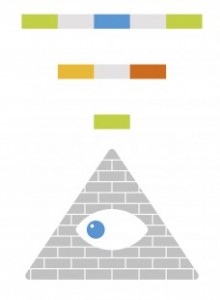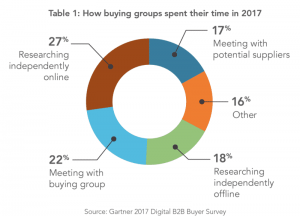60% expect brands to text them at least once a week, but 71% said too many messages are why they no longer want to get them.
Three-quarters of U.S. consumers say they buy things as a result of SMS messages from companies, according to a new study.
What’s more, 60% say they expect brands to text them at least once a week, according to Vibes’ Mobile Consumer Insights Report. On the other hand, 71% cite too many messages as the main reason they no longer want to hear from brands. Still, 25% said it didn’t matter how often they were contacted as long as it was relevant to their interests.
Why we care. Surprisingly, the popularity of SMS (and other channels) is driving improvements to email. Earlier this month, Google and Yahoo tightened the rules around authentication of outgoing emails, reported spam rates and the ability to easily unsubscribe from email lists. The tech companies are trying to stop the flood of emails that is pushing people to other channels and costing them money. The more effective text marketing gets, the worse it is for them.
One of the reasons for SMS’ success is that consumers, for the most part, only agree to receive messages from companies they plan on buying from. Sixty-eight percent said they only sign up “for text message communications from brands that I’m confident I want to buy from within the next year.”
Also, while the likelihood of someone purchasing because of SMS increases along with income, it never drops below 69% for any cohort.
Vibes’ Mobile Consumer Insights Report (registration required) is based on a survey of more than 1,000 “mobile-centric consumers” in December of last year.
The post 75% of consumers made purchases as a result of SMS marketing appeared first on MarTech.
MarTech(4)







